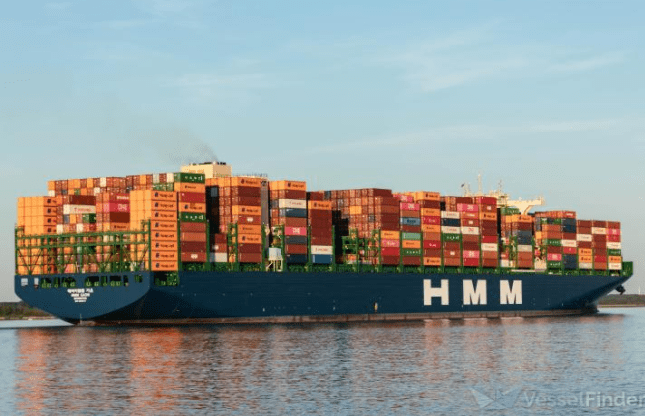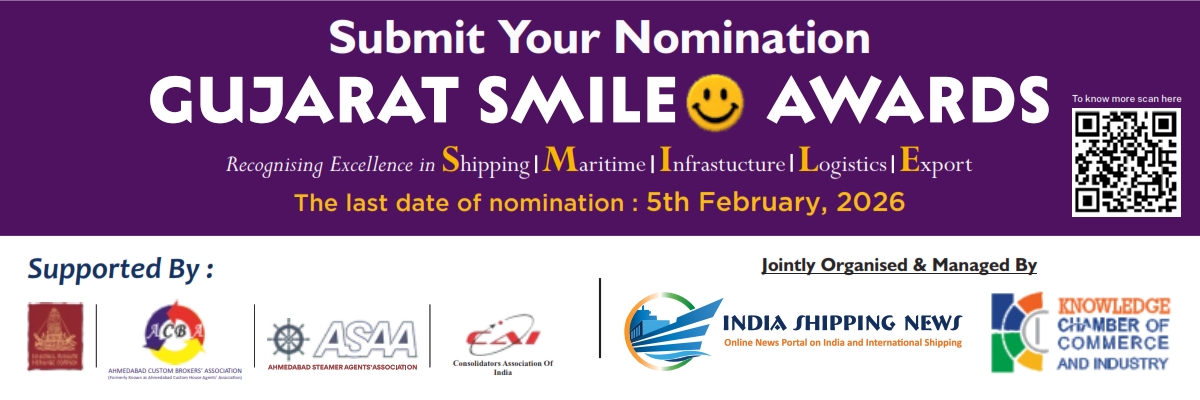
HMM starts solo intra-Asia route after ending joint operation with KMTC Line
SEOUL : South Korea’s flagship carrier HMM has backed out of the Korea-Thailand Express (KTX) service which it was co sharing with its compatriot regional carrier Korea Marine Transport Company (KMTC Line).
Primarily an ocean-going shipping company, HMM has announced that it will open an Intra-Asia cross Network (ICN) service, an independent pendulum (clockwise) route within Asia.
Six 1,700 TEU ships operating on the three existing routes will be converted to the new route to connect Korea, China, Thailand, Vietnam, Taiwan, and the Philippines in a figure-of-eight pattern.
ICN will have two strings. The first string, which will begin on 19 May, will replace the KTX service that HMM was operating and will call at Busan, Shanghai, Ho Chi Minh City, Laem Chabang, Ho Chih Minh City, Incheon and Busan.
The second string, to launch on 8 June, will call at Busan, Qingdao, Shanghai, Kaohsiung, Manila, Busan, Dalian, Qingdao and Busan. Both strings will kick off with the 1,809 TEU Pelican departing Busan.
An HMM spokesperson said that, “In the intra-Asia market, route adjustments and service changes occur frequently compared to main east-west trade lanes. Still, HMM continues active cooperation with various partners on other routes.”
Subsequently, KMTC Line has roped in its compatriot operators Pan Ocean and CK Line to continue its own KTX service, which will call at Incheon, Gwangyang, Busan, Ho Chi Minh City, Laem Chabang, Bangkok, Laem Chabang, Ho Chi Minh City and Incheon.
From 11 May, KMTC Line will deploy the 1,809 TEU KMTC Pohang and Pan Ocean will send the 1,811 TEU POS Bangkok, while CK Line will assign a to-be-announced chartered vessel.
Pan Ocean said, “We plan to take delivery of two new ships this year, and we want to offer a stable service even as other operators reorganise their routes amid the economic uncertainty and resolution of logistical bottlenecks.”

